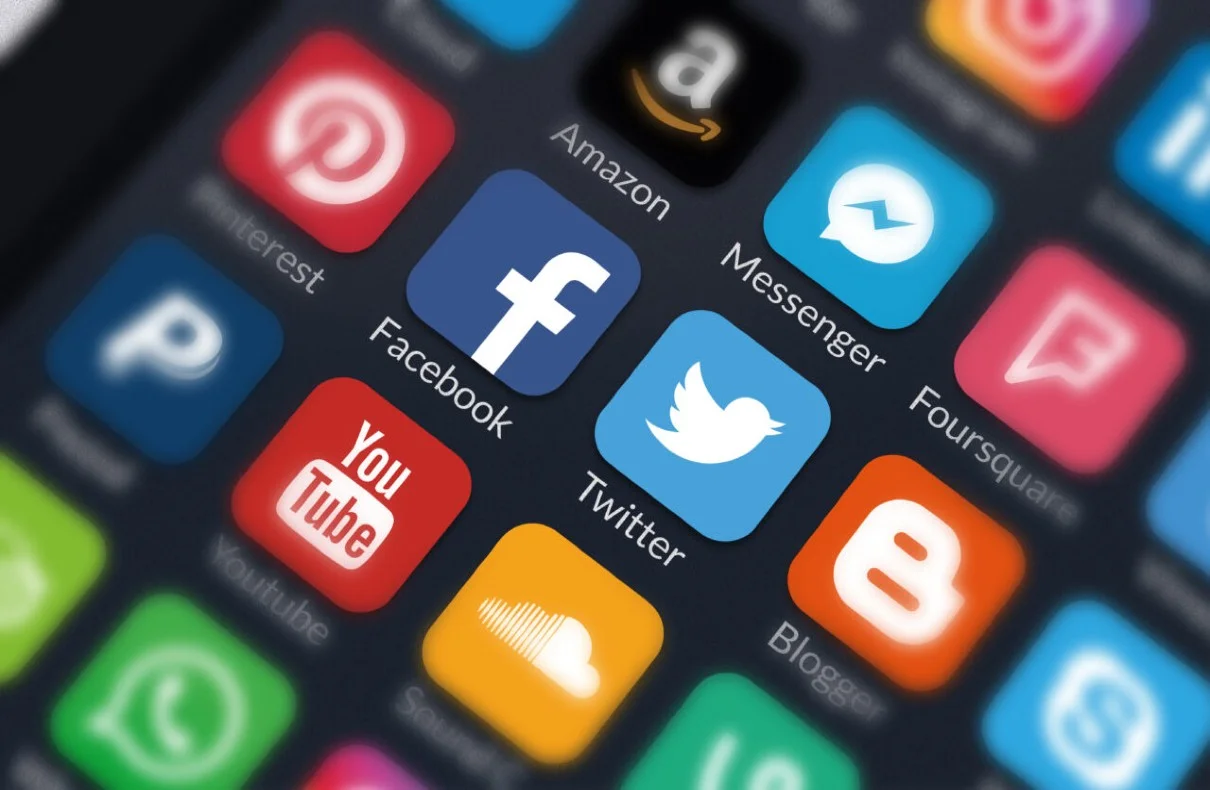
In a groundbreaking move, the Florida Legislature has passed a bill that aims to ban children under the age of 16 from using social media platforms. This controversial legislation, known as HB 1 (Online Protection for Minors), has been the subject of intense debate and scrutiny.
The Florida Legislature’s decision to implement a social media ban for children stems from concerns over various issues affecting the youth, including bullying, sex trafficking, depression, and suicide. Lawmakers argue that social media platforms with their addictive features exacerbate these problems. By restricting minors’ access to these platforms, they hope to mitigate the negative impact of social media on young individuals.
HB 1, also known as Online Protection for Minors, encompasses several provisions that regulate social media usage among children. Let’s delve into the main points outlined in the bill:
Under the new legislation, social media platforms are required to prohibit children aged 15 and younger from creating new accounts. Existing accounts held by minors in this age group must be terminated. Additionally, parents and children have the right to request the termination of accounts.
Social media platforms are obligated to use reasonable age verification methods to confirm the ages of account holders. They must also disclose their policies, provide specified resources, and implement measures and disclaimers to ensure compliance with the law.
Kourtney Kardashian’s Lemme Truck Stolen: A Shocking Heist Shakes the Lemme Brand
HB 1 authorizes the Department of Legal Affairs (DLA) to initiate legal actions against social media platforms that violate the Florida Deceptive and Unfair Trade Practices Act. Violations are subject to civil penalties of up to $50,000 per offense, along with attorney and court costs. Persistent violations may incur punitive damages. Furthermore, the bill declares that any social media platform accessible in Florida falls under the jurisdiction of state courts.
While the social media ban targets platforms with “addictive features,” the bill does not explicitly name the platforms affected. Instead, it defines certain qualities and practices that trigger the ban. Let’s take a closer look at these criteria:
The legislation identifies several addictive features that social media platforms must possess to be affected by the ban. These features include:
- Infinite scrolling, which continuously loads content as users scroll down
- Push notifications or alerts that prompt users to engage with the platform
- Visible markers of clicks, likes, or reposts, which can create a sense of validation or competition
- Autoplay videos that play without user interaction
- Live-streaming functionality, enabling real-time broadcasting
- Platforms with 10% or more users aged 15 or younger who spend an average of at least 2 hours per day on the platform
The bill explicitly excludes sites and services designed for email or direct messaging from the ban’s scope. The journey of HB 1 through the Florida Legislature has been a challenging one. Let’s examine the key milestones:
Efforts to restrict minors’ access to social media in Florida have been ongoing. A similar bill failed to pass in 2023. However, House Speaker Paul Renner, R-Palm Coast, made it a priority to reintroduce the legislation in subsequent sessions.
To address concerns and privacy issues raised by Governor Ron DeSantis, the bill underwent revisions during its journey through the Legislature. These modifications aimed to provide greater clarity in defining social media platforms and improve the age verification process. Despite the Governor’s reservations, the bill was ultimately passed by both the House and Senate.
Mother of Boy Who Murdered Four Classmates on Trial for Manslaughter
After receiving approval from the Legislature, HB 1 now awaits Governor Ron DeSantis’s decision. He has the power to sign the bill into law or veto it. The Governor expressed hesitancy about the legislation due to the lack of parental override options. He emphasized the importance of parental involvement in addressing social media concerns among teenagers. The Florida social media ban has sparked widespread discussion and raised several important questions:
While the aim of the legislation is to protect minors from the potential harms of social media, critics argue that it may infringe upon freedom of speech rights. They caution against excessive government intervention and suggest that parental involvement should play a more significant role in regulating children’s social media usage.
If the social media ban becomes law, it is likely to face legal challenges, as similar legislation in other states has. The outcome of these legal battles will have implications for the implementation and enforcement of HB 1 in Florida.
Supporters of the bill argue that the focus is not to keep children off social media entirely but rather to hold platforms accountable for their addictive features. They believe that the legislation will prompt platforms to make necessary changes to protect the well-being of young users.
